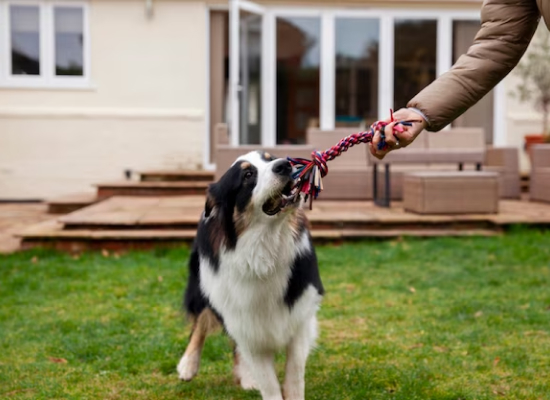
Does Oklahoma Follow the “One-Bite Rule” for Dog Attacks?
May 09, 2018 by Adler Markoff & Associates
If you’ve been injured in a dog attack or know a victim who has, you may have heard about a “one-bite rule.” This rule supposedly says that every dog gets one free bite before the owner can be held liable for the dog’s behavior. In this article, we’ll clear up some common misconceptions about the one-bite rule and explain whether it applies to your dog bite case in Oklahoma.
What Is the One–Bite Rule?
The one-bite rule is a very old common-law principle: British judges invented this rule in the 1600s, and it came over to America with the first colonists. The rule states that owners are responsible for dog bite injuries only if they knew or should’ve known that the dog tended to bite or was dangerous.
The fact that it’s a common-law principle means that courts may apply the one-bite rule in jurisdictions that have no specific laws regarding dog bites. Any laws your state has established that cover dog bite cases automatically override the one-bite rule.
Legal scholars have criticized the one-bite rule as unfair to victims. And legislators in most states have put specific dog bite liability laws on the books so the one-bite rule doesn’t apply.
How Does the One-Bite Rule Work in Practice?
The one-bite rule also has a misleading name. It doesn’t really mean that every dog is entitled to a “free bite” before the owner can be held responsible for injuries the dog causes.
Plenty of dog behaviors could show that a dog might pose a risk of harm to others, including aggressive barking, growling, fighting with other dogs, or chasing people. Any of these behaviors can indicate that a dog is dangerous. And they could provide grounds for holding the owner liable for dog bite injuries under the one-bite rule, even if the dog has never actually bitten someone before.
Essentially, under the one-bite rule, a dog owner could only avoid liability for their dog biting someone completely out of the blue with no warning and no history of behavior indicating the dog might be dangerous.
Oklahoma’s Strict Liability Laws Don’t Allow a “Free Bite”
Fortunately for dog bite victims in our state, Oklahoma has established strict liability laws for dog bite cases. That means the one-bite rule doesn’t apply. Dogs do not get a “free bite,” even if the owner had no reason to believe their dog was dangerous until the bite occurred.
There are some possible dog bite scenarios where the owner wouldn’t be liable for injuries under Oklahoma law. Provoking the dog that bit you by hitting it or throwing things at it would be an example. Another example could be if you were trespassing on the dog owner’s private property when the dog bit you. In that case, the dog’s owner may have a valid defense against an injury claim.
However, if you suffered a dog bite with little to no provocation and you had a lawful right to be in the place where the dog bite occurred, Oklahoma law is very much on your side. If you or someone you love has suffered injuries from a dog bite or any other type of animal attack, you should consult an experienced dog bite lawyer right away and get a free assessment of your case.
Contact AMA Law if You’ve Suffered a Dog Bite Injury in Oklahoma
A dog attack can be frightening and traumatic, and you may not know where to turn for help. The experienced dog bite lawyers at AMA Law have handled cases for many victims in Oklahoma with serious injuries from dog bites. We’re ready to listen to your story. And if we’re able to take your case, we’ll fight for you with an aggressive and efficient approach that always puts your needs first.
If you or a loved one has been attacked by a dog or other animal, schedule your free consultation with an attorney from the AMA Law team by calling (405) 607-8757 or filling out our quick and easy online contact form. We handle all personal injury cases on a “no recovery, no fee” basis, so there’s no risk to speaking with one of our attorneys today.
The content provided here is for informational purposes only and should not be construed as legal advice on any subject.